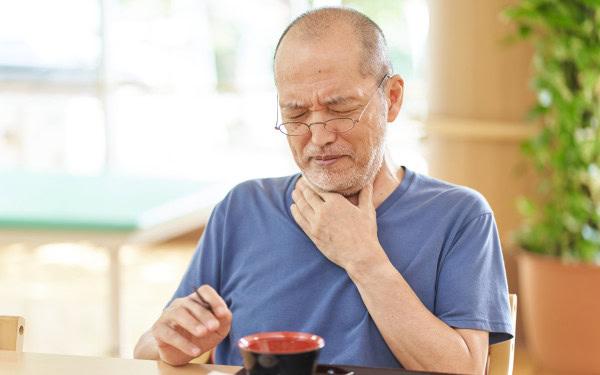
Your Bone Health During COVID-19

Your Bone Health During COVID-19
Take action to make sure you are staying fracture-free and are taking care of your bone health. This pandemic has put enormous pressure on our healthcare systems stretching our resources to the limit and the general recommendation is for people to avoid hospitals and doctor’s offices unless absolutely necessary.
Remember that older adults and people who have certain chronic medical conditions such as diabetes or lung, heart or kidney disease are at higher risk of the more serious complications of COVID-19 illness. We urge you to stay safe by taking the necessary precautions as recommended by government health agencies.
PROTECTING YOUR BONES
WHAT YOU CAN DO
- Fall Prevention: ensure that your home environment is free of clutter and any obstacles. Take care when walking outdoors.
- Do not stop any osteoporosis treatment you have been prescribed. Talk to your doctor if you have any concerns.
- Physical/Social Distancing does not mean self-isolating! Make sure to call and speak to friends or family at least once a day. Video chats are also a great way to stay connected.
- The Government of Canada has advised you to stay home. Contact your doctor and/or pharmacy if you need a prescription filled or a consultation.
- Ask for help! There are many ways to get the support you need for getting prescriptions filled and groceries delivered. Most grocers have a delivery service or an online order system where you can go pick up your order. If you do not have the ability to order online, many volunteer groups have popped up. Call your local elected representative and ask for help in locating such services. Also try contacting a neighbour to see if they can drop off supplies at your door or provide information on a service.
Be prepared to manage your bone health and osteoporosis and reduce your risk of breaking a bone during COVID-19.
- Nutrition: Many pantry staple foods like beans and canned fish contain calcium and protein. Read product labels and also view the list of foods with calcium here. Click here
- Get the amount of vitamin D you need daily. Click here
- Stay active! Safely exercise daily by adapting exercises you can do at home. Click here
FROM THE PUBLIC HEALTH AGENCY OF CANADA
It’s important to follow recommendations from the Public Health Agency of Canada (PHAC) to stay safe and well informed.
PHYSICAL/SOCIAL DISTANCING
 Together, we can slow the spread of COVID-19 by making a conscious effort to keep a physical distance between each other. Social distancing is proven to be one of the most effective ways to reduce the spread of illness during an outbreak.
Together, we can slow the spread of COVID-19 by making a conscious effort to keep a physical distance between each other. Social distancing is proven to be one of the most effective ways to reduce the spread of illness during an outbreak.
This means making changes in your everyday routines to minimize close contact with others, including:
- avoiding crowded places and non-essential gatherings
- avoiding common greetings, such as handshakes
- limiting contact with people at higher risk like older adults and those in poor health
- keeping a distance of at least 2 arms-length (approximately 2 metres) from others
VULNERABLE POPULATIONS
There is an increased risk of more severe outcomes for Canadians:
- aged 65 and over
- with compromised immune systems
- with underlying medical conditions
Think you may have COVID-19?
Click here to take the Government of Canada’s Self-Assessment
WRITTEN BY
Hassan Vatanparast is a member of Osteoporosis Canada’s Scientific Advisory Council. He is a Professor with Joint Appointment to the College of Pharmacy and Nutrition and School of Public Health, University of Saskatchewan. He is actively involved in research and health promotion initiatives targeting bone health. Hassan is leading several projects at the local, national, and global levels aimed to improve the nutritional health of the general population, newcomers and indigenous communities.





